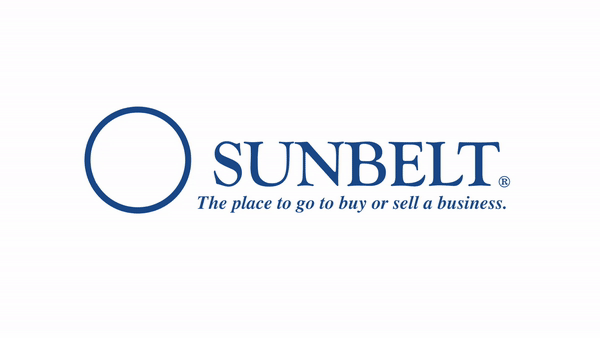How to Finance Your Business Purchase
- Dan Elliott
- Aug 2, 2024
- 3 min read

Buying an existing business can be exciting, but figuring out how to finance the business purchase can be challenging. Fortunately, many business finance options are available to help you achieve your goal.
In this guide, we'll explore various ways to finance a business purchase, providing you with the knowledge you need to make informed decisions.
Understanding the Financial Health of the Business

Before you finance the business purchase, it's crucial to understand the financial health of the business you're buying.
Review essential financial documents such as profit and loss statements, tax returns, debt disclosures, cash flow statements, and balance sheets. These documents will give insight into the business's profitability, debts, and overall financial stability.
Self-Funding Options
Self-funding is a straightforward way to finance your business purchase. Using personal savings can help you avoid debt and maintain full ownership.
Another option is using your 401(k) through a Rollover as Business Startups (ROBS) plan. It allows you to use retirement funds without penalties. Borrowing from friends and family is also an option, but ensure you set clear terms to avoid misunderstandings.
Traditional Financing Methods

Traditional bank loans are a standard method for business financing. They usually require good credit and substantial documentation.
Small Business Administration (SBA) loans are another popular option. They grant lower initial payments and longer repayment periods than customary loans.
Seller Financing
Seller financing involves the seller lending you a portion of the purchase price. It can make the transaction smoother and faster. Negotiating terms such as interest rates, repayment schedules, and any required collateral is essential.
Seller financing can be a great way to finance a business purchase if you don't qualify for traditional loans.
Investment-Based Financing
Investment-based financing includes private equity, venture capital, and angel investors. These investors exchange capital for shares and often take an active role in the business.
While this option can provide significant funding, it typically involves giving up some control over your business.
Alternative Financing Options
Crowdfunding platforms like Kickstarter and Indiegogo can help raise funds from many people. Peer-to-peer lending is another alternative, connecting you with individual investors through online platforms. Invoice factoring, where you sell accounts receivable to a factoring company, can also help manage cash flow without taking on debt.
Grants and Government Programs
Various grants are available from government entities, corporations, and nonprofits to help finance your business purchase. Small business grants can be based on industry, demographics, or specific business needs. Research and apply for grants that fit your business profile to secure additional funding without repayment obligations.
Unlocking Your Business Potential
Choosing the right business finance option is critical for a successful business purchase. Carefully evaluate each financing method and consider consulting with financial advisors to make the best decision for your situation. If you have questions or need further assistance, don't hesitate to contact us for expert recommendation.
FAQs
How long does it usually take to get approved for a business loan?
Securing a business loan can take anywhere from a few days to several months. Due to the extensive documentation required, SBA loans typically take longer, often around 60 to 90 days. Traditional bank and online loans may be quicker, ranging from a few days to weeks.
Can I use a business loan to cover operational costs after the purchase?
Yes, many business loans can be used to cover both the purchase of the business and its operational costs. It's essential to discuss your needs with the lender to ensure the loan terms and conditions align with your business plans.
What risks are associated with using a 401(k) to finance a business purchase?
Using a 401(k) to finance a business purchase through a Rollover as Business Startups (ROBS) plan can be risky. If the business fails, you could lose your retirement savings. Additionally, it involves complex legal and tax implications, so it's crucial to consult with financial and legal advisors before proceeding.
